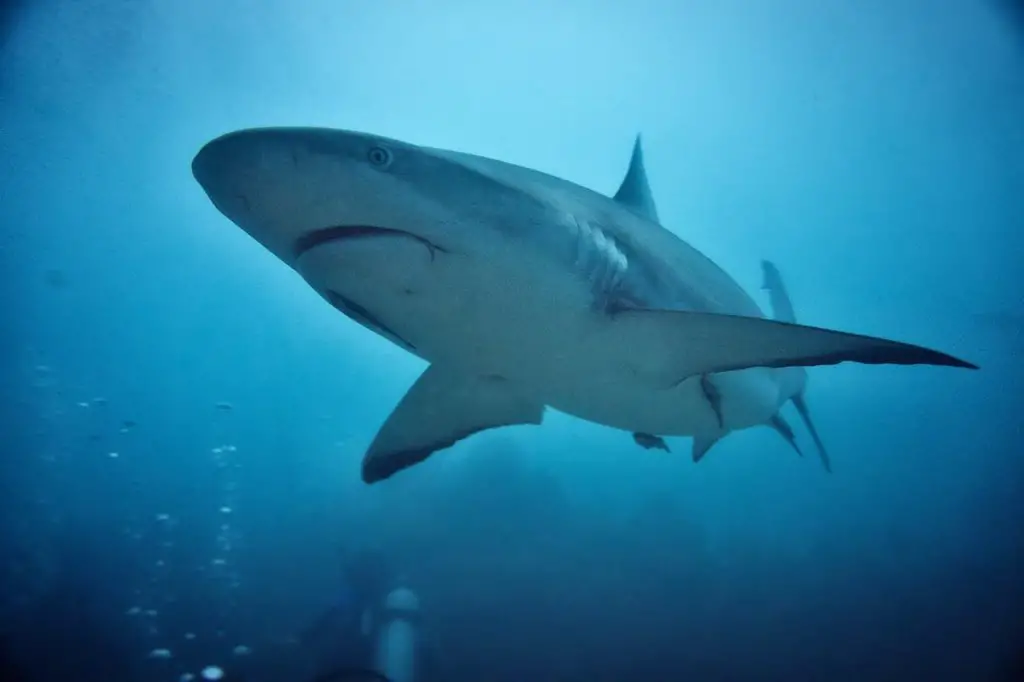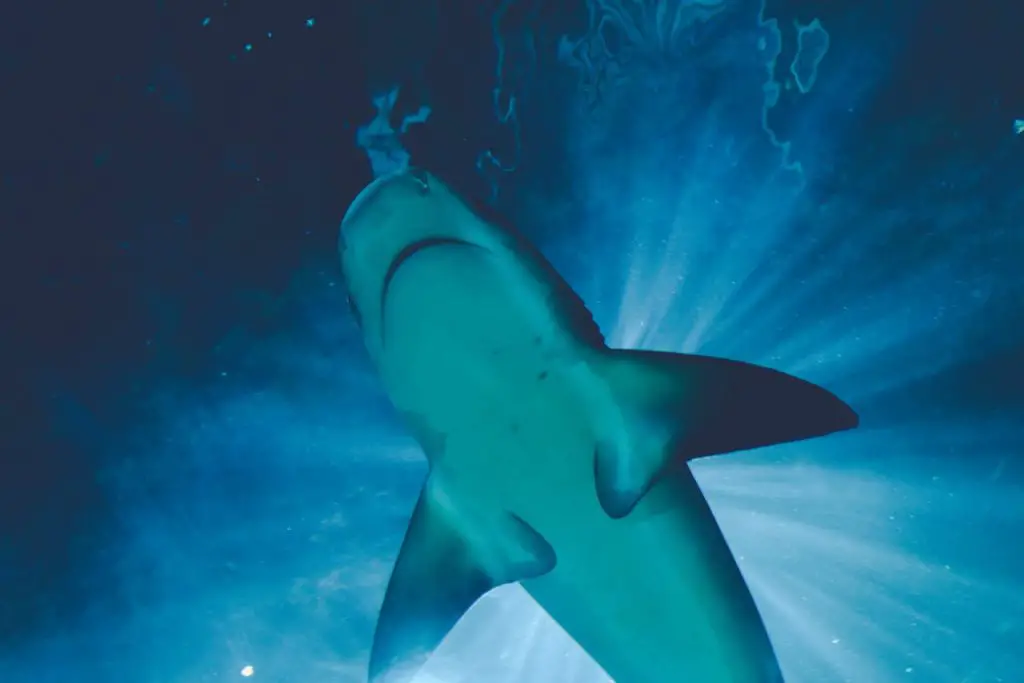On average, almost 274,000 sharks are killed in a day. This means over 11,000 sharks are killed every hour, and around three sharks are killed every second.
So humans kill an estimated 100 million sharks every year.
How many sharks are killed per hour?
An estimated 73 million sharks are killed each year. On average, almost 274,000 sharks are killed in a day. So more than 10,000 sharks per hour. While shark fins for shark fin soup are a major reason, sharks are also killed for their meat, cartilage, and liver oil.
How Many Sharks Are Killed a Minute?
It’s staggering: roughly 190 sharks meet their demise every minute, equating to more than three sharks lost every second to human activities.
In light of this alarming reality, the recent decision within the Convention on International Trade in Endangered Species of Wild Fauna and Flora to endorse restrictions or regulations on the commercial trade of 54 species of sharks from the requiem family offers a glimmer of hope.
With effective implementation of these measures, there’s optimism for a significant reduction in shark fatalities in the years ahead.
Reason for killing shark

Sharks are killed for various reasons, and it’s essential to note that some practices are controversial and contribute to conservation concerns. Here are some reasons why sharks are killed:
Commercial Fishing
Sharks are often caught unintentionally as bycatch in commercial fishing operations targeting other species. This accidental capture is a significant threat to shark populations.
Traditional and Cultural Practices
In some cultures, sharks are hunted for their fins, teeth, or other body parts due to traditional beliefs or practices. Shark products may be used for ceremonial or medicinal purposes.
Shark Finning
Shark finning involves catching sharks, cutting off their fins, and discarding the rest of the body at sea. Shark fins are highly sought after, particularly for making shark fin soup, considered a delicacy in some Asian cultures. Shark finning is a major conservation issue, as it leads to wasteful and unsustainable practices.
Bycatch
Sharks often become bycatch in fishing gear such as longlines, gillnets, and trawl nets set for other species. Bycatch can result in the death of sharks even if they were not the intended target.
Fear and Misunderstanding
In some cases, sharks are killed out of fear or in response to perceived threats to human safety. This can occur after shark attacks, even though such incidents are relatively rare.
Research and Aquariums
Some sharks are captured for scientific research purposes or for display in aquariums. While this may not necessarily involve killing the sharks, the process of capture and captivity can have significant implications for their well-being.
Overfishing
Overfishing of sharks can disrupt marine ecosystems, as sharks play a crucial role in maintaining the balance of marine food webs. Their removal can lead to cascading effects on other species and the overall health of the ocean.
It’s important to recognize the ecological significance of sharks and the potential consequences of their decline.
Conservation efforts, including sustainable fishing practices, marine protected areas, and public awareness campaigns, are crucial to ensure the preservation of shark populations and the health of marine ecosystems.
Many organizations are working towards the protection of sharks and the promotion of sustainable practices to mitigate the threats they face.
how to stop killing sharks

Stopping the killing of sharks requires a multifaceted approach involving conservation efforts, sustainable practices, education, and international cooperation.
Here are several strategies to help address the issue:
Ban Shark Finning
Implement and enforce strict regulations and bans on shark finning. This involves the practice of catching sharks, removing their fins, and discarding the rest of the body at sea.
International Cooperation
Promote international collaboration to address the global nature of shark conservation. Encourage countries to work together to establish and enforce regulations that protect sharks, especially those that migrate across borders.
Sustainable Fishing Practices
Advocate for and implement sustainable fishing practices that minimize bycatch and unintended harm to sharks. This includes using shark-friendly fishing gear like circle hooks and TEDs (turtle exclusion devices).
Conservation Awareness
Raise awareness about the importance of sharks in maintaining healthy marine ecosystems. Educate the public, fishermen, and policymakers about the ecological role of sharks and the consequences of their decline.
Promote Responsible Tourism
Encourage responsible shark tourism that emphasizes observation without harm. Well-managed shark tourism can incentivize local communities to protect sharks and their habitats.
Enforce Legal Protections
Strengthen and enforce existing laws and regulations designed to protect sharks. This includes penalties for illegal fishing, poaching, and trade of shark products.
Support Marine Protected Areas
Advocate for establishing marine protected areas (MPAs) that include habitats crucial for sharks. MPAs can provide safe havens for these species to thrive and contribute to the ocean’s overall health.
Consumer Awareness
Encourage responsible consumer choices by raising awareness about the impacts of the shark fin trade. Promote sustainable seafood choices and discourage the consumption of shark products.
Research and Data Collection
Support scientific research on shark populations, migration patterns, and behavior. Accurate data are crucial for effective conservation planning and decision-making.
Community Engagement
Engage local communities in shark conservation efforts. Empower them to become stewards of their marine environments and involve them in sustainable fisheries management.
Corporate Engagement
Encourage corporations to adopt sustainable practices in their supply chains. This includes commitments to not source or sell shark products obtained through unsustainable or illegal means.
Policy Advocacy
Advocate for stronger national and international policies that protect sharks and their habitats. Work with governments and non-governmental organizations to promote legislation that supports shark conservation.
Combining these strategies and fostering a collaborative, global effort makes it possible to mitigate the threats facing sharks and work towards their long-term conservation.
Public awareness and engagement are key components of successful shark conservation initiatives.
